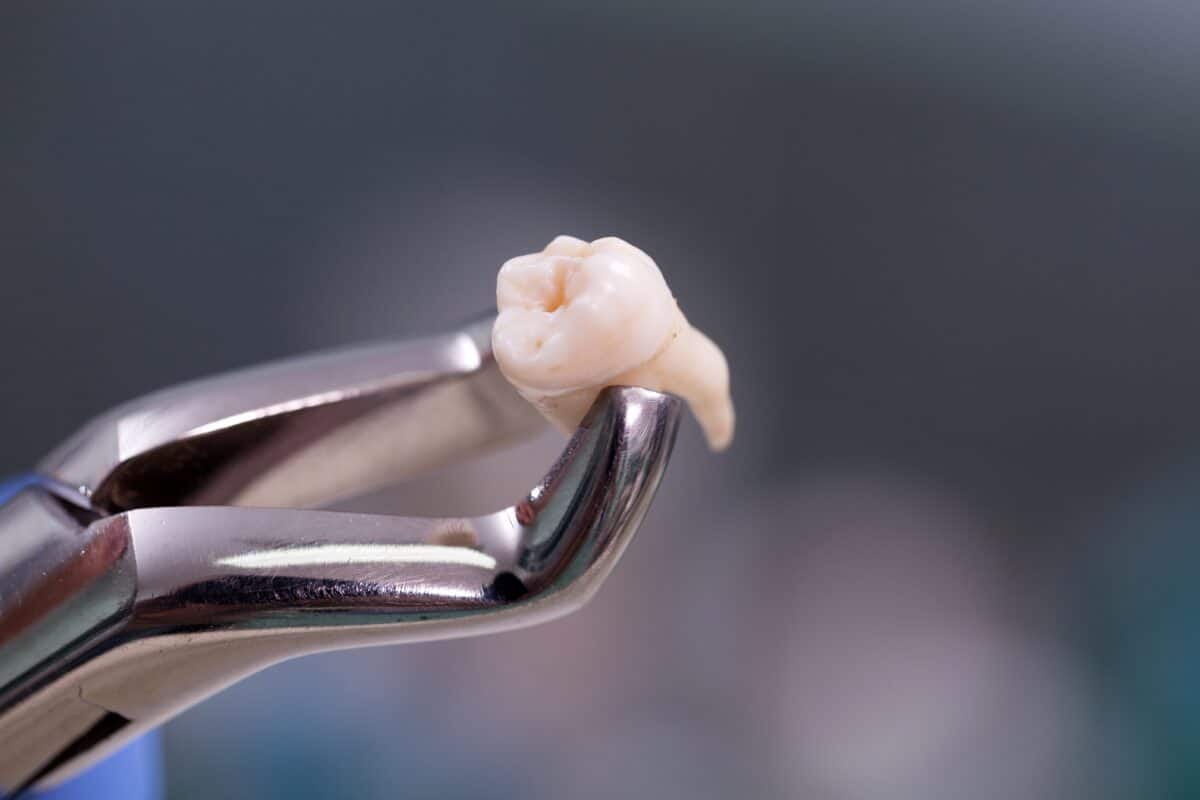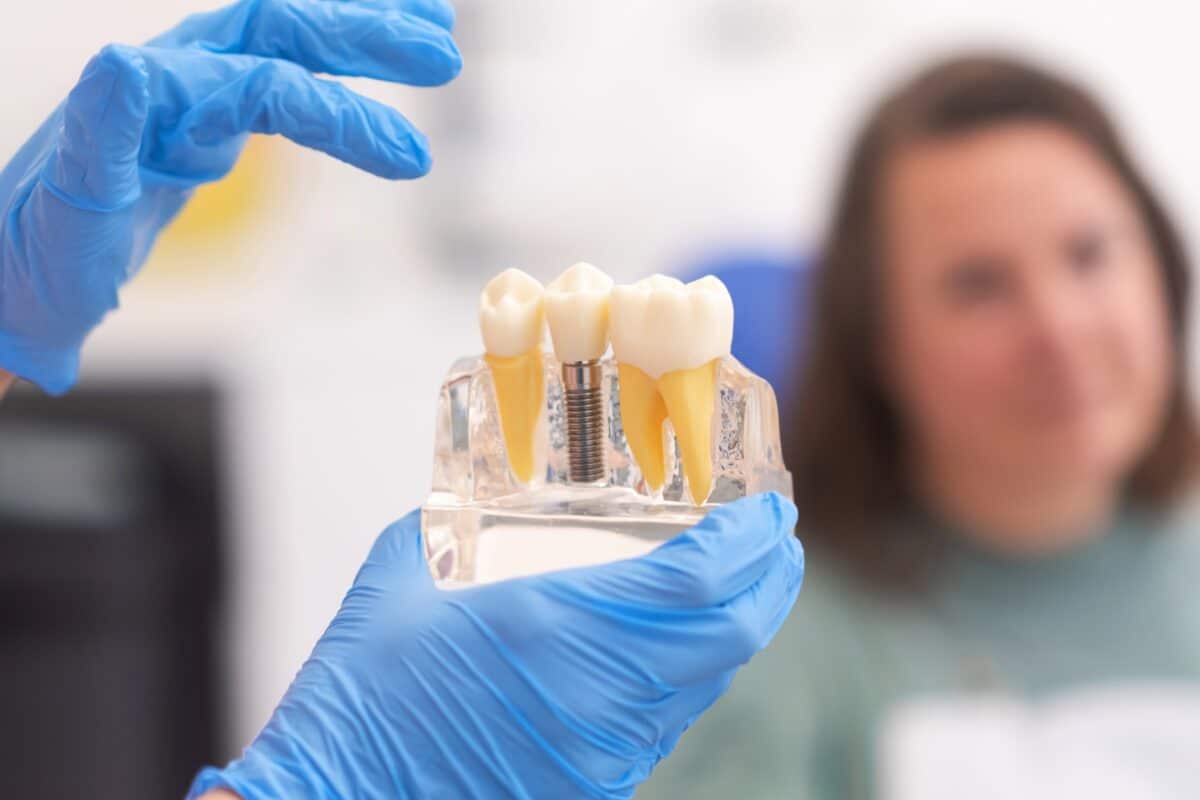If you’re facing the prospect of a tooth extraction, you’re not alone. While it might sound intimidating, understanding the process can help ease any worries you may have. Here’s everything you need to know about tooth extraction.
What Is Tooth Extraction?
Tooth extraction is a dental procedure where a tooth is removed from its socket in the jawbone. Dentists typically recommend extraction for a variety of reasons, including severe tooth decay, gum disease, or crowding. Sometimes, wisdom teeth are also extracted if they are impacted or cause problems.
When Is Tooth Extraction Necessary?
Several situations might require tooth extraction:
- Severe Tooth Decay: If a tooth is extensively decayed and cannot be saved with a filling or crown, extraction may be necessary.
- Gum Disease: Advanced gum disease can cause teeth to become loose, making extraction the best option to prevent further damage.
- Crowding: Sometimes, teeth are too crowded, and extraction is needed to create space for proper alignment.
- Impacted Wisdom Teeth: Wisdom teeth, also known as third molars, often become impacted, causing pain, infection, or damage to surrounding teeth, necessitating extraction.
The Tooth Extraction Process
Before the procedure, your dentist or oral surgeon will numb the area with a local anesthetic to ensure you don’t feel any pain during the extraction. In some cases, sedation may also be used to help you relax.
During the surgical extraction, your dentist will gently loosen the tooth from its socket using specialized instruments. Once the tooth is removed, they may stitch the gum to promote healing.
Aftercare Tips
After the extraction, it’s crucial to follow your dentist’s instructions for proper aftercare.
Here are some general tips:
- Bite on Gauze: Bite down on a piece of gauze to help control bleeding and promote clotting.
- Take Pain Medication: Your dentist may prescribe pain medication or recommend over-the-counter pain relievers to manage any discomfort.
- Apply Ice Packs: Applying an ice pack to the affected area can help reduce swelling and ease pain.
- Eat Soft Foods: Stick to soft foods like yogurt, mashed potatoes, and soup for the first few days to avoid putting pressure on the extraction site.
- Avoid Smoking: Smoking can interfere with the healing process, so it’s best to avoid it for at least 24 hours after the extraction.
Potential Complications
While tooth extraction is generally a safe procedure, complications can occur.
These may include:
- Dry Socket: This occurs when the blood clot in the extraction site becomes dislodged, exposing the underlying bone and nerves.
- Infection: Infection can develop if bacteria enter the extraction site. Signs of infection include fever, severe pain, and swelling.
- Nerve Damage: In rare cases, nearby nerves may be damaged during the extraction, leading to numbness or tingling in the lips, tongue, or chin.
Visit Smith Dentalworks for Expert Tooth Extraction Services
At Smith Dentalworks, we understand that the prospect of tooth extraction can be daunting, but our team is here to make the process as comfortable and stress-free as possible. With our experienced dentists and state-of-the-art facilities, you can trust us to provide expert care every step of the way. Whether you’re facing severe tooth decay, gum disease, or impacted wisdom teeth, we have the knowledge and expertise to help.





